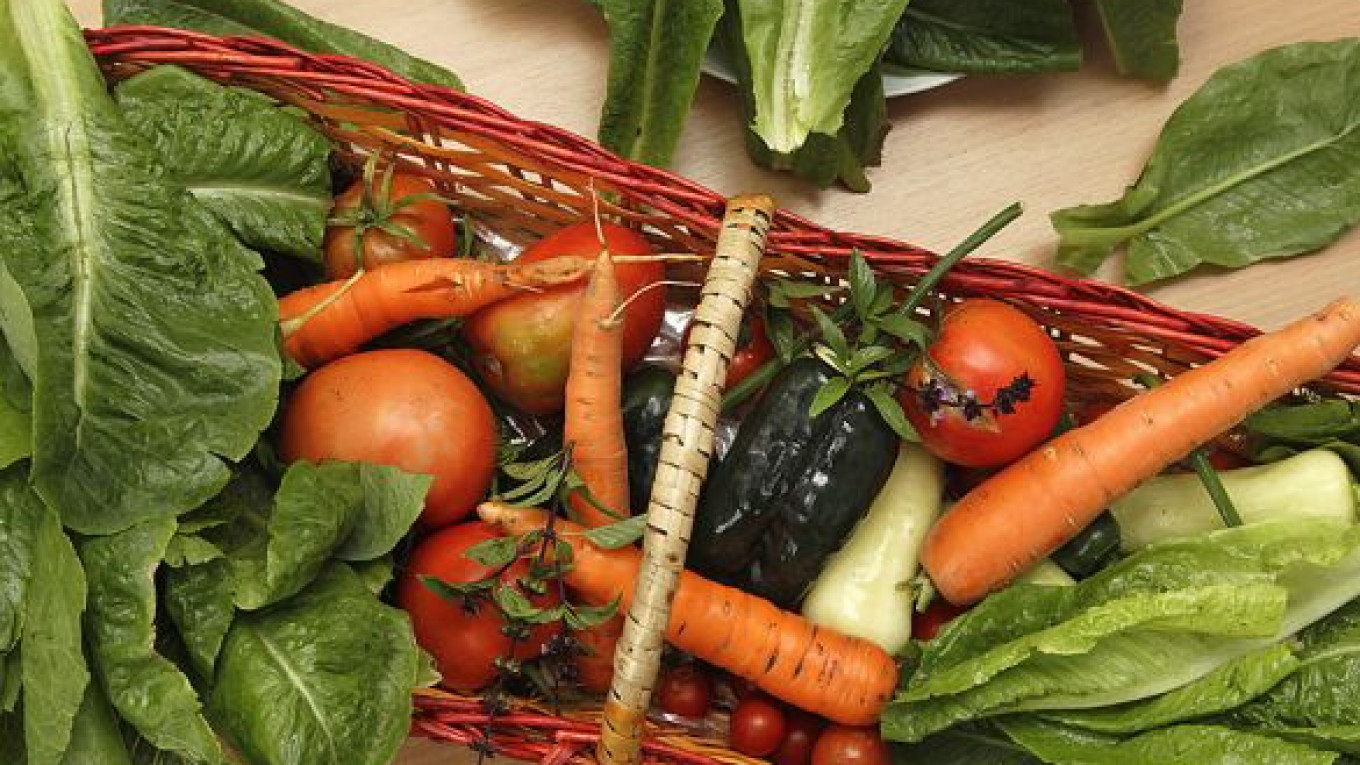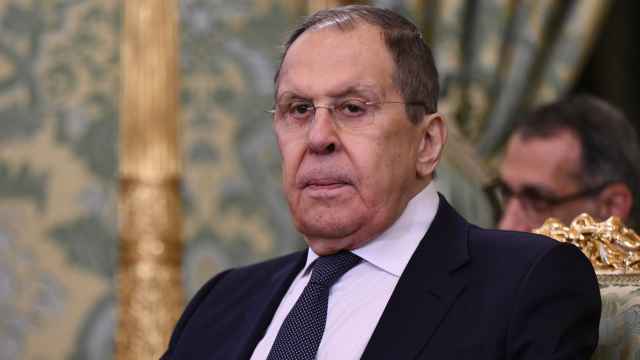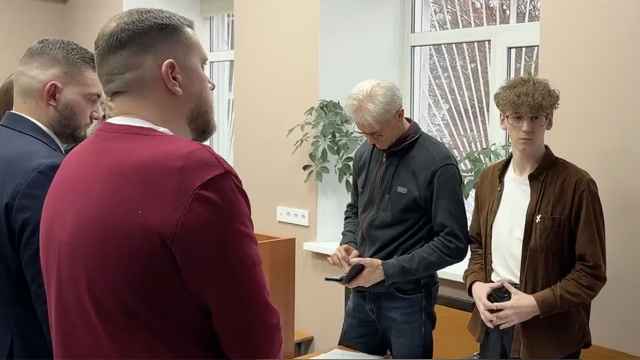After joining the World Trade Organization, Russia will have to start taxing some agricultural products that are now exempt, a top government official said Thursday.
The government encourages cultivation of several types of produce by waiving value-added tax. Maxim Medvedkov, chief of trade negotiations at the Economic Development Ministry, said the tax will have to be levied on these products so Russia doesn't discriminate against imports.
For example, "if VAT for our carrots is zero, it should be zero for the imports," he said.
In other WTO-related news, Medvedkov described how the Customs Union of Russia and two other former Soviet republics is reviewing its import duties in the face of Russia's future entry into the bigger trade bloc.
The WTO accession terms allow the country to raise duties for some products, such as air conditioners, Medvedkov said. Russia, Belarus and Kazakhstan are holding consultations, which will be complete in April, he said.
Russia's membership in the World Trade Organization, expected to become effective in June, will also oblige the Federal Customs Service to tell companies that want to import or export goods to Russia the estimate of how much they would pay in duties — that is, determine the customs value of the goods, Medvedkov said.
"This is really an important component of predictability for business and long-term contracts," he said at a conference organized by the Association of European Businesses.
But the Federal Customs Service could take up to 150 days to respond, he said.
Federal Customs Service director Andrei Belyaninov, who spoke earlier at the conference, had to defend the agency against complaints that it requires excessive paperwork.
He said entirely electronic communication is impossible because other government agencies, such as the Federal Tax Service, demand hard copies.
"Believe me, we are good," he said to laughter.
Belyaninov also invited businesses to consider ways of making railroads a stronger alternative to trucks, which now handle 80 percent of import and export traffic.
A Message from The Moscow Times:
Dear readers,
We are facing unprecedented challenges. Russia's Prosecutor General's Office has designated The Moscow Times as an "undesirable" organization, criminalizing our work and putting our staff at risk of prosecution. This follows our earlier unjust labeling as a "foreign agent."
These actions are direct attempts to silence independent journalism in Russia. The authorities claim our work "discredits the decisions of the Russian leadership." We see things differently: we strive to provide accurate, unbiased reporting on Russia.
We, the journalists of The Moscow Times, refuse to be silenced. But to continue our work, we need your help.
Your support, no matter how small, makes a world of difference. If you can, please support us monthly starting from just $2. It's quick to set up, and every contribution makes a significant impact.
By supporting The Moscow Times, you're defending open, independent journalism in the face of repression. Thank you for standing with us.
Remind me later.






